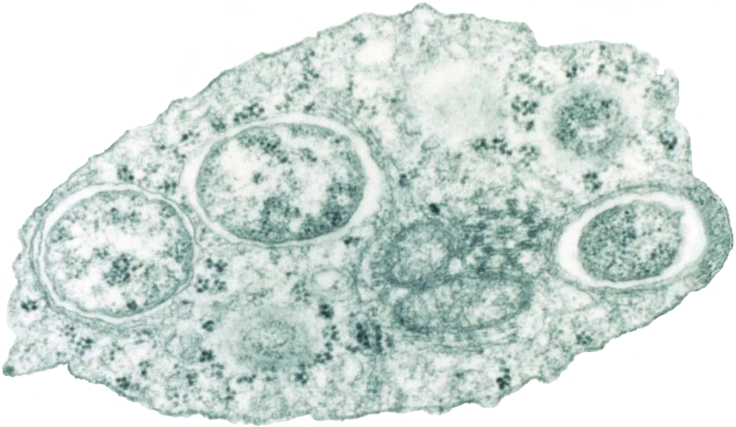Bacteria Causes Insects to Literally Eat Their Own Brains

Bacteria, as far as contemporary society is concerned, have been cast as bad. While we are consciously aware that bacteria can have a positive role in our lives (There could be no yogurt without bacteria!), for the most part we thank bacteria with hand sanitizers and antibiotics. And with good reason - bacteria can harm or even kill its host. Interestingly though, the longer that bacteria remains in a host's body, the less the host feels the damage. After all, the host cannot be of use to the bacteria if the host is dead.
Enter the Wolbachia, stage left. The Wolbachia is known in scientific and journalist circles primarily because one of its main effects is to deplete the male population in the insects it infects. Therefore, only females survive to pass on the genome; in fact, most of the time, the bacteria is passed on from mother to daughter. While it must be problematic that Wolbachia eliminates the males, the bacteria do not normally cause many problems in its carriers.
There is an exception though. The bacteria can also be passed on horizontally, from insects of one species to insects of another species. Both insects would be of the same generation. When it is passed that way, the bacteria causes unpleasant nervous system problems and often leads to death.
At first, it was assumed that the bacteria were more potent when passed that way. Oddly enough though, researchers found that both sets of insects had the same amount of bacteria in their systems, no matter how they obtained the bacteria. There had to be something else at work.
In a study published in PLoS One, researchers from the University of Poitiers in France found the answer. It wasn't that the bacteria were more deadly in its new host; it was that the host did not know how to deal with them. The bacteria normally congregate in the central nervous system and in the sex organs. The insect immune system recognizes that foreign substances are there, and sets out to destroy it in the only way it knows how - by destroying the cells housing the bacteria.
But since the bacteria are housed in the central nervous system, that destruction basically amounts to the insect eating its own brain. The insect then suffers from a myriad of unpleasant symptoms, and death.
The Wolbachia, and its hosts' response to them, is a prime example of an overreaction to a threat. If the animal could simply cope with the bacteria, it would benefit both parties more than an attack would.



























